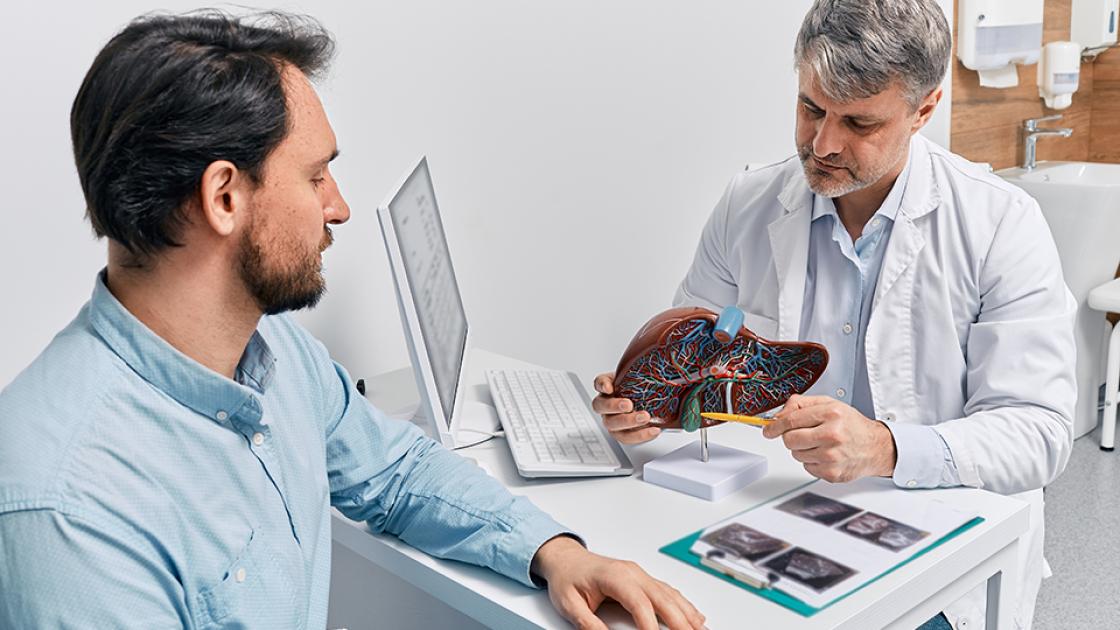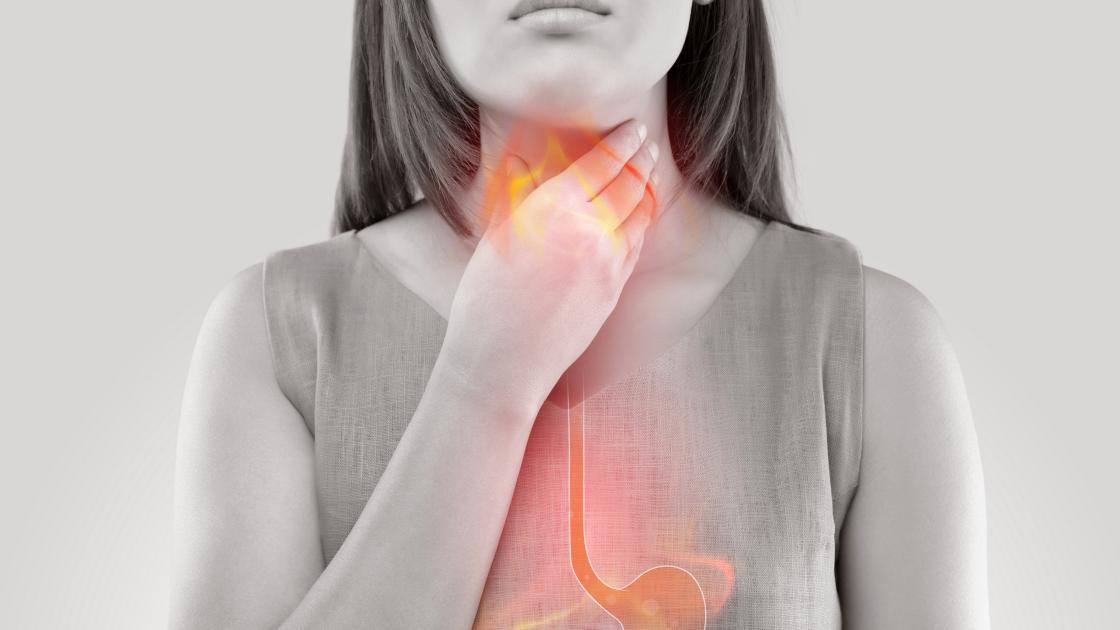
Childhood cancer
Learning your child has cancer is a life-altering and frightening experience. Thankfully, the survival rate for childhood cancer beyond 5 years has increased by roughly 70 percent over the past four decades. Recent advances in diagnosis and treatment have improved the survival rates to above 80 percent.
To raise awareness of childhood cancer and to show support for children and their families affected by cancers of all types, our team at SIU Medicine shares these four important things to know.
1. Childhood cancer rates are on the rise
According to the American Childhood Cancer Association, around 15,700 children and teens are diagnosed with cancer each year. The rate of childhood cancers has slightly increased over the past several decades. Cancer is second only to accidents as a leading cause of death among children under the age of 14. Today, cancer affects roughly 1 in 285 children at some point before they reach young adulthood.
As sobering as these statistics may seem, childhood cancers remain relatively rare. The overall risk of your child developing cancer is low. Factors like age, sex and race or ethnicity can influence risk level.
2. Multiple types of childhood cancer exist
Compared to adults, children are more commonly diagnosed with the following types of cancer:
- Brain tumors
- Bone cancer (e.g., osteosarcoma and Ewing sarcoma)
- Leukemia
- Lymphoma (including both Hodgkin and non-Hodgkin)
- Neuroblastoma
- Rhabdomyosarcoma
- Retinoblastoma
- Wilms tumor (a type of kidney cancer)
Childhood cancer is caused by DNA mutations within cells. It's rarely possible to know why this happens. About 10 percent of all cases are due to specific inherited genetic abnormalities, according to the American Association for Cancer Research.
3. Childhood cancer presents with a range of signs and symptoms
When a child has cancer, he or she may not show any signs or symptoms, especially if the cancer is in its early stages. If signs and symptoms do develop, they often include:
- Unusual lumps or swelling
- Unexplained paleness
- Loss of energy and lethargy
- Easy bruising and/or bleeding
- Ongoing pain in an area of the body
- Unexplained limping
- Unexplained fever or illness that doesn’t go away
- Frequent headaches (these often occur with vomiting)
- Sudden vision changes
- Unexplained weight loss
Usually, something other than cancer will lead to these symptoms. It's still important to talk to your child's pediatrician as soon as possible if you have any concerns.
4. Diagnosis and treatment of childhood cancer involves a diverse, multidisciplinary team
A child's medical team often includes pediatric oncologists, pediatric surgeons, radiation oncologists, pediatric oncology nurses, social workers, physical and occupational therapists and other providers. These providers work together to confirm a diagnosis, implement appropriate treatment (which often includes surgery, radiation therapy and/or chemotherapy), manage and alleviate treatment-related health issues and provide support for the entire family. Treatment plans are usually based on national protocols developed by leading experts in particular cancer types and may include voluntary participation in a national clinical trial.
Has childhood cancer impacted your life?
If you have any concerns or questions about your child's health, or would like to learn more about our pediatric cancer care services at SIU Medicine, contact us today at 217-545-8000.




